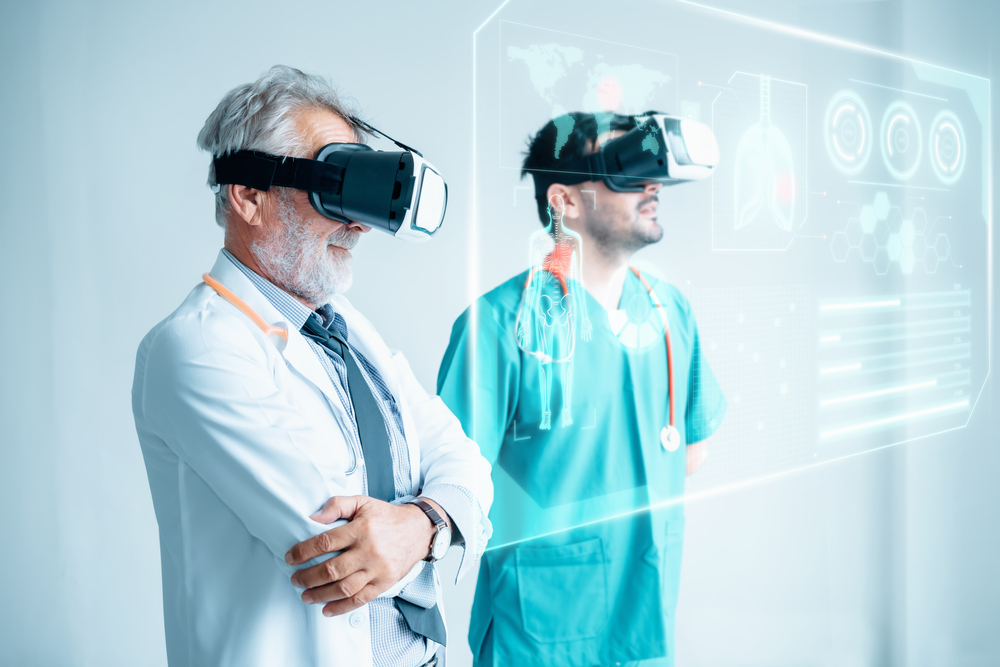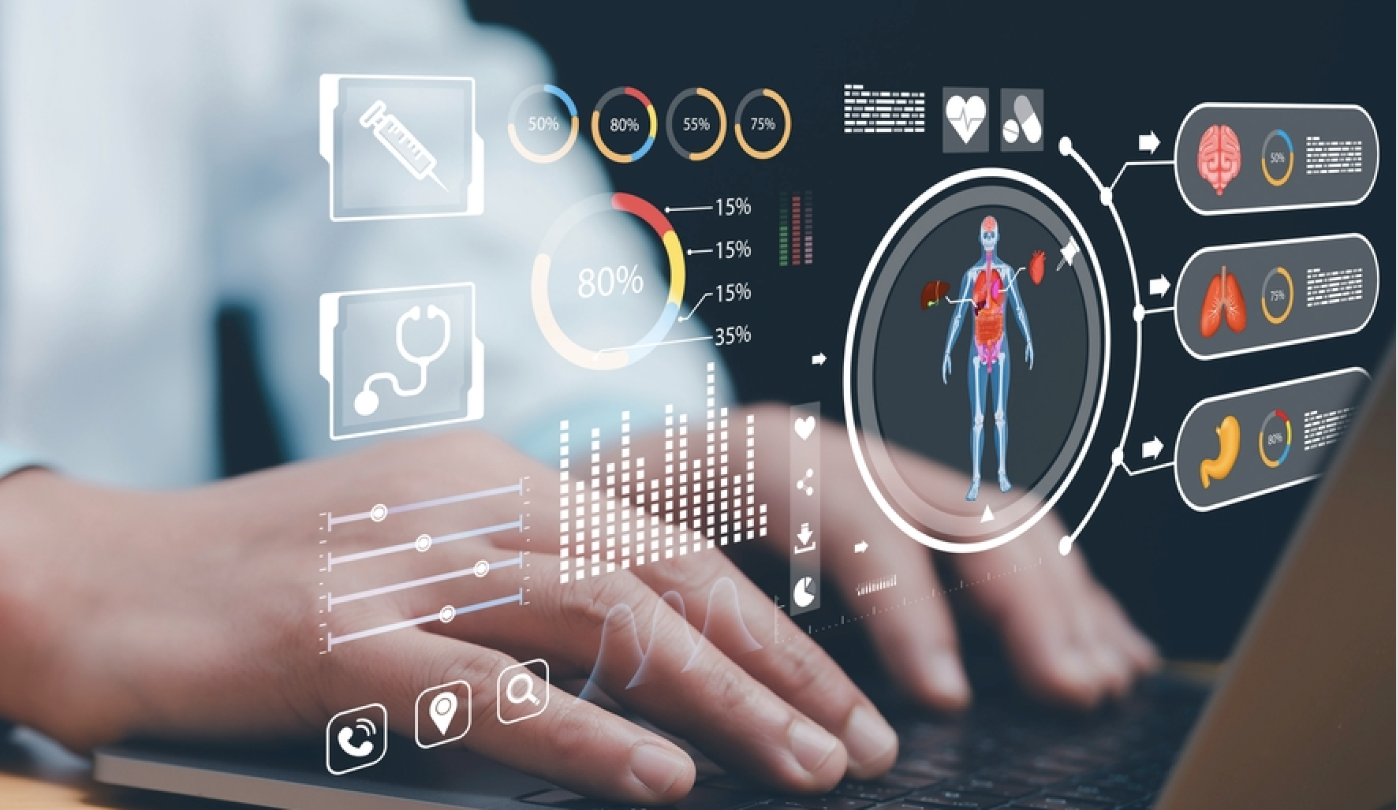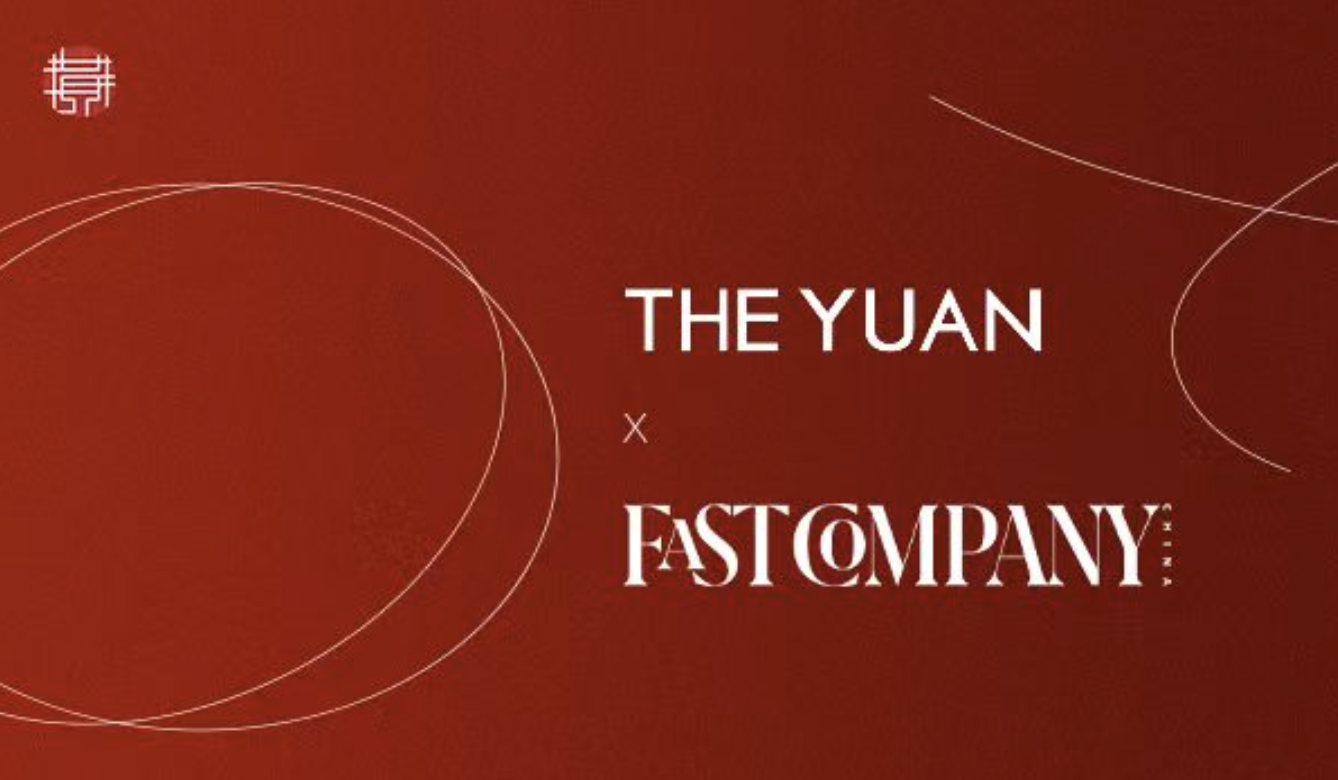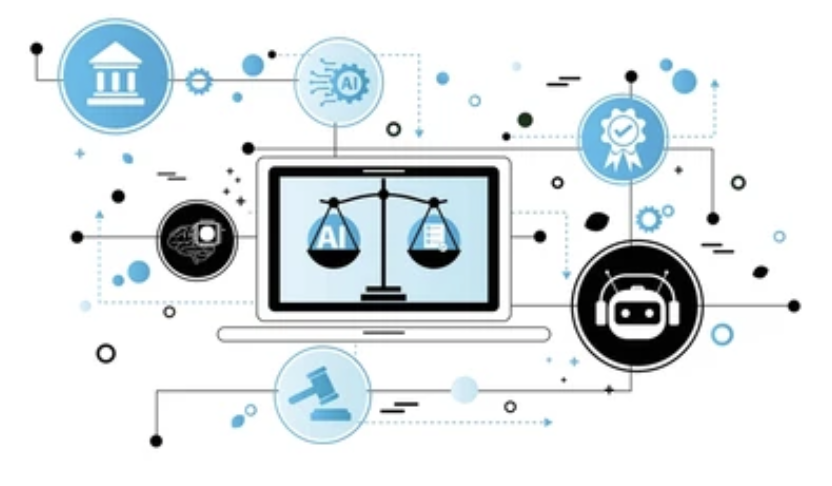


LONDON - Artificial Intelligence (AI) solutions are now driving the allocation of resources and actively define what individuals are exposed to: from credit scoring to facial recognition, predictive technologies to identifying fraudsters with precision, youth crime prevention tools, and algorithm-driven advertising. How far AI can go is already a reality we live every day.
It is in healthcare that we have witnessed some tremendous opportunities, especially in relation to the availability of data. Machine learning (ML) has accelerated what can be achieved. Last year, Oxford researchers used NHS GP data to identify dexamethasone as a highly effective tool in reducing deaths from COVID-19, a discovery which has saved around one million lives worldwide. In Israel, doctors have spotted patterns in electronic health records which should aid the earlier diagnosis of colorectal cancer. Last November, DeepMind's AI made a gigantic leap in protein structures when it solved the "protein folding problem," which had stood as a grand challenge in biology for the past 50 years.
With AI increasingly deployed in almost all aspects of our daily lives, the discourse around the risks of algorithmic tools and automated decision-making must work hard to keep up. This topic has become mainstream partly due to the visibility of stories about invasion of privacy as well as discrimination, with some algorithms exposed as helping to magnify and hardwire existing prejudices into society. Whether through the scraping of the web in search of faces to be used as facial recognition training data, or through algorithms automatically rewarding private school pupils with higher grades than their state school peers, the dynamics around data, and data classification, have become increasingly impossible to hide and ignore.
The call for a fit for purpose regulation of AI is becoming stronger as more people realize that existing legislation doesn’t come close t
The content herein is subject to copyright by The Yuan. All rights reserved. The content of the services is owned or licensed to The Yuan. Such content from The Yuan may be shared and reprinted but must clearly identify The Yuan as its original source. Content from a third-party copyright holder identified in the copyright notice contained in such third party’s content appearing in The Yuan must likewise be clearly labeled as such. Continue with Linkedin
Continue with Linkedin
 Continue with Google
Continue with Google









 4105 views
4105 views








